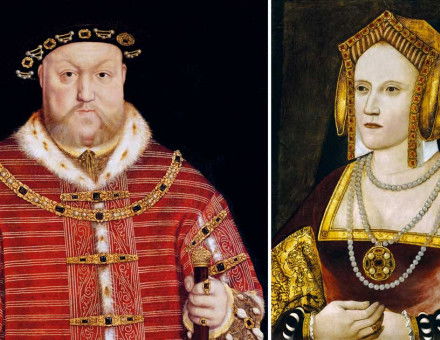Robert Ensor, Edwardian Rationalist
Jack-of-all-trades and master of a period of English history which he both lived through and epitomised.
Since its publication in 1936 R.C.K. Ensor's England 1870-1914 has sold over 100,000 copies. Only A.J.P. Taylor's successor, England 1914-1945 (1965), exceeds its sales in the fifteen-volume Oxford History of England series. Taylor's remarkable achievement is in part due to a greater accessibility in Penguin paperback from 1970 and to an established popularity as intellectual mischief-maker. Ensor was not surrendered to book clubs before 1985 or published in paperback by Oxford before 1986; and it is probable that to the generation of students who quadrupled his sales from 1951 Ensor initially appeared no more exciting than any other recommended or set text. But Ensor's sustained sales cannot simply be explained in coarse market terminology by reference to the expansion of higher education and the tardiness of other publishers to offer serious competition in the recent British history textbook field. In large measure all the Oxford volumes share an institutional and political emphasis and narrative style which conflicts with some post-1951 professional fashions in history-writing and teaching; and for some Oxford volumes this flaw has proved fatal and they are discarded.





